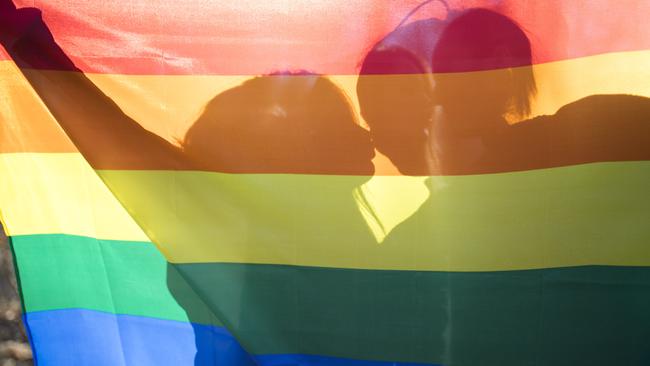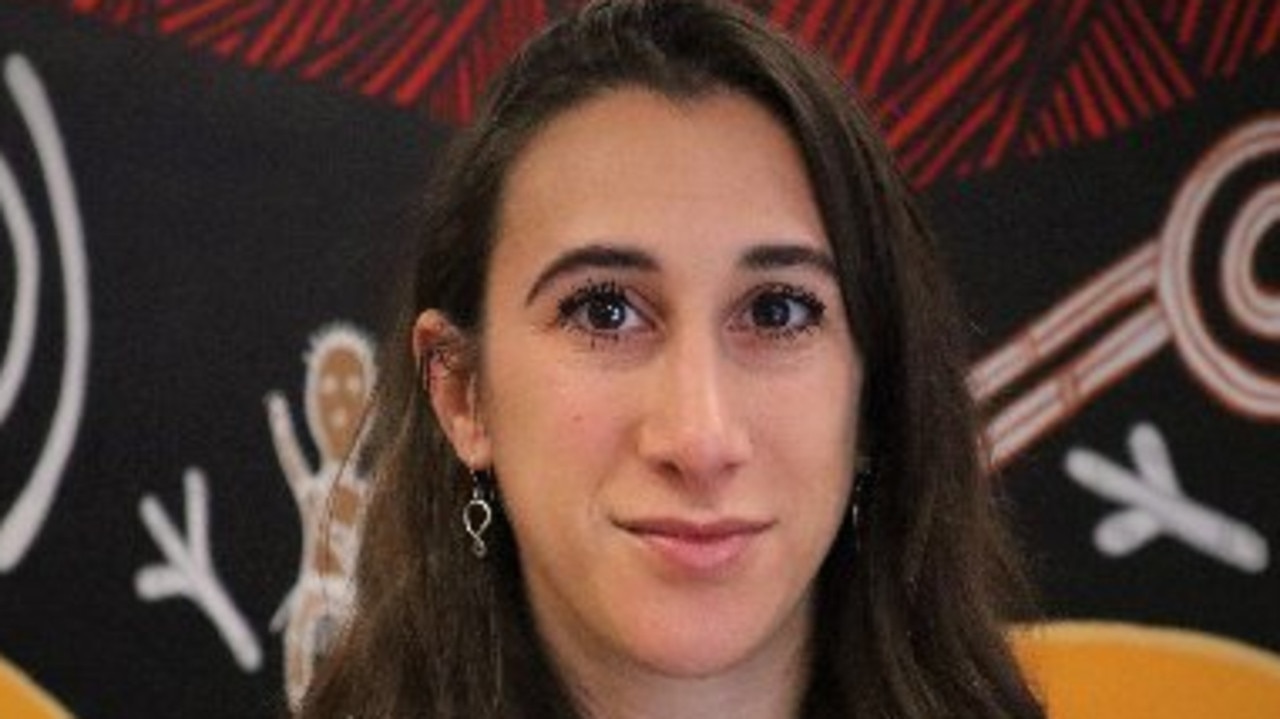Agree to disagree on the road to change
A return to civility is the key to ensuring progress is not thwarted by a counter-productive backlash.

What are the topics we are still allowed to debate versus those that have become so taboo that differences of opinion aren’t acceptable? It feels as if differences of opinion on contestable propositions aren’t as tolerated as they once were – almost ironically given society is becoming increasingly diverse and open to new ideas.
It could be a case of the loudest voices are the least tolerant, meaning that the appearance of less tolerance for contrarianism in modern society is nothing more than a social media mirage, amplified and reproduced by sections of the media that don’t reflect the mainstream.
If, however, we actually are becoming less open to debate, it is perhaps partly a function of increased polarisation, or absolutism in intellectual thinking.
Perhaps it is explained via lost civility, reflecting a lack of innate courtesy (a generational thing perhaps) or emblematic of understandable frustration by some with slow progress as they clamour for change.
In other words, the backlash phenomenon could be such that contrarianism has no place when it butts up against the zeitgeist.
Yet history tells us shutting down differences of opinion rarely achieves lasting outcomes. Or, put differently, ends rarely justify means. Unintended consequences also can be perverse. Who gets to decide which topics are open for debate (as well as polite disagreements of opinion) and which are not?
We have laws preventing prejudices such as racism and sexism when they do lead to discriminatory behaviours, but we can’t control the minds of those who hold such abhorrent views. Former attorney-general George Brandis once indelicately made the point that people “have a right to be bigots”. The hope is that in time bigoted sentiments will fade away – at first less frequent, then less obvious, eventually non-existent – partly as a consequence of discrimination legislation.
In the meantime, should we be allowed to stifle the free speech of those who hold such views?
Yes, I say, to a certain extent at least. There are “freedoms from” not just “freedoms to” as part of the social contract we all sign up to as citizens in a democracy.
People have a right not to be racially abused or sexually harassed, just as others have a right to think and (to some extent) say what they think.
But what happens if you oppose change that some see as important to continue overcoming racial and sexual prejudices, such as changing the date of Australia Day or the enacting of gender quotas?
I happen to be in favour of both of the above and will vigorously argue (and have) the case publicly for change. But if I can’t change the mind of those with whom I disagree, I can politely agree to disagree. That’s becoming more rare in our modern world, where issues increasingly are seen as black and white rather than having multiple shades of grey.
Agreeing to disagree has long been a hallmark of civil society, but it seems fewer ideas and topics are tolerated as contestable than was once the case.
Is it acceptable to still oppose same-sex marriage? It’s the law now, having been supported overwhelming by nearly two-thirds of Australians. We were late to the party as a Western democracy, but we got there eventually. I first advocated for such change back in 2003 when doing so was significantly less popular than it is now.
But surely holding a view that opposed the legislative shift now in place is still tolerable, if only on religious grounds? Scott Morrison walked out of the chamber when the parliament voted for it.
Taboo views clearly include supporting once accepted policy scripts such as apartheid or gender exclusion from working roles. I can’t believe clubs that exclude on gender are still allowed to operate that way. They certainly aren’t allowed to do so on racial grounds any more.
Extreme “isms” should be taboo, such as fascism and perhaps communism, but not conservatism or socialism for example. Nor liberalism, which can result in advocacy for civil liberties such as the right not to be vaccinated. It’s not my cause du jour, but such advocacy shouldn’t be taboo either.
Universities have long been bastions for debates that sometimes court controversy, but even our institutions of higher education are becoming less tolerant of contrarians. Peter Singer is one of the world’s leading philosophers and has logically argued for all manner of contrarian causes. Yet even he is now lamenting the stifling of free debate on and off university campuses.
To some extent the rise of political correctness has stifled contrarianism, which is not to criticise political correctness. It has a valuable place helping overcome unreasonable conduct, especially towards minorities. It offers a positive and healthy injection of civility into debates, most of the time.
Yet, in an ironic twist, some who would consider themselves politically correct break ranks from it whenever they find themselves in opposing arguments with someone they regard as detestable.
On the positive side, if we go back far enough, contrarians were lynched, burned at the stake or put on public trial for their heretical views. That doesn’t happen any more, at least not in civilised societies. Which is just one reason civility matters.
But what happens when we get to a point at which reforms and progress appear to slow down, unacceptably so for many who want modern Australia to address problems long overdue for fixing: climate change, violence against women, lasting reconciliation with Indigenous communities? Can ends ever justify means or do we risk what we already have if we trample over civil discourse in the pursuit of change?
There are no guaranteed right answers to these important questions, and we can agree to disagree (hopefully) on our preferred pathways to achieve change. Different people with different backgrounds, ideologies and political affiliations will want to trial different options on the table. We may get it wrong before we get it right.
Because achieving change isn’t easy and it usually doesn’t happen quickly. And achieving lasting change that brings people along for the journey, without causing a counter-productive backlash, is even harder.
Peter van Onselen is a professor of politics and public policy at the University of Western Australia and Griffith University.



